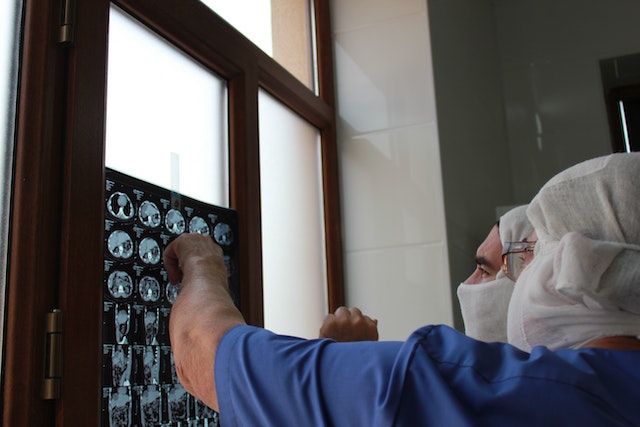Nurse Practitioners: What to Expect in Nursing Homes
Estimates show that by 2050, the number of Americans over 85 will be about 19 million. Nursing homes will need more help than ever from skilled Nurse Practitioners who love their job.
What are Nurse Practitioners, and what are their roles in nursing home facilities? How do their jobs differ from that of registered nurses and physicians? What are the benefits of working in a nursing home versus a hospital or doctor’s office?
Who Are Nurse Practitioners?
Patients often go to Nurse Practitioners (NPs) for their health needs rather than physicians. Nurse Practitioners bring a personal touch to healthcare that some physicians can’t offer.
NPs begin their careers as registered nurses (RNs). They must go on to complete a master’s degree, and some get a doctoral degree as well. They must also complete advanced clinical training outside of their nursing preparation.
Similar to doctors, Nurse Practitioners can diagnose and treat medical conditions. They also work with patients to manage their health and prevent diseases.
Here are some things NPs can do:
- Diagnostic testing
- Diagnosing & treating both chronic & acute conditions
- Prescribing medications
- Prevention education
- Counseling
What Can NPs Expect While Working in a Nursing Home?
Nurse Practitioners are involved in all aspects of a nursing home patient’s medical visit. They don’t just act as medical providers for the patient’s physical health; they also care for the patient’s psychiatric health.
NPs work with nursing home patients whenever they need regular checkups. They also see the patients when they get sick and can discharge them from the nursing home.
The goal of NPs in nursing homes is to help their patients recover and keep them out of hospitals.

These are some everyday tasks in nursing homes:
- Reviewing past medical history
- Ordering, approving, & performing testing
- Prescribing medication
- Performing follow-up appointments
- Developing a care plan
- Planning for advanced care as the patient’s condition changes
- Discharging patients
- Performing reviews to get patients more time in the nursing home
- Reviewing & signing documents
- Educating staff members
Nurse Practitioners are qualified to perform many of the tasks that doctors can. They help take the load off of doctors so they can focus on other tasks that NPs are not qualified for.
NPs often work after-hours or on-call when the doctor is not working. They will call the doctor for opinions and support when needed.

Steve, an APRN, says Nurse Practitioners in nursing homes don’t usually have strictly set hours. As long as the NP sees their required patients daily and weekly, the facility is unlikely to track their total hours worked.
Nursing home work is often more structured despite not having strict hours. NPs generally have a routine to follow every day that they wouldn’t have in a hospital setting.
Despite having structure, NPs rarely get bored working in nursing homes. Rebecca Lee, a registered nurse (RN), says, “Nursing homes are basically a generalized internal medicine unit.” Nurse Practitioners see all kinds of conditions, offering variety to their days.
NPs working in nursing homes form a better sense of community with their patients. They see and work with the residents and their families regularly. NPs build relationships with these people that they wouldn’t get in other settings.
Conclusion
Michael Mileski et al. says that having Nurse Practitioners in nursing homes reduces the rehospitalization of patients and increases their chances of recovery. NPs respond to their patients quickly, spend lots of time with them, and perform more comprehensive evaluations.
In other words, Nurse Practitioners are invaluable assets for nursing homes and their patients. Besides that, they are often great places to work, especially for NPs who enjoy building long-lasting relationships with their patients.
Looking for the Perfect NP Opportunity in a Nursing Home?
Do you wish to work as an NP in a nursing home or similar environment? At Momentum Healthcare staffing, we help find your perfect job match. We are constantly adding new positions to our job board, from Locum Tenens to permanent opportunities. Please contact us if you would like us to help match you!



































Recent Comments